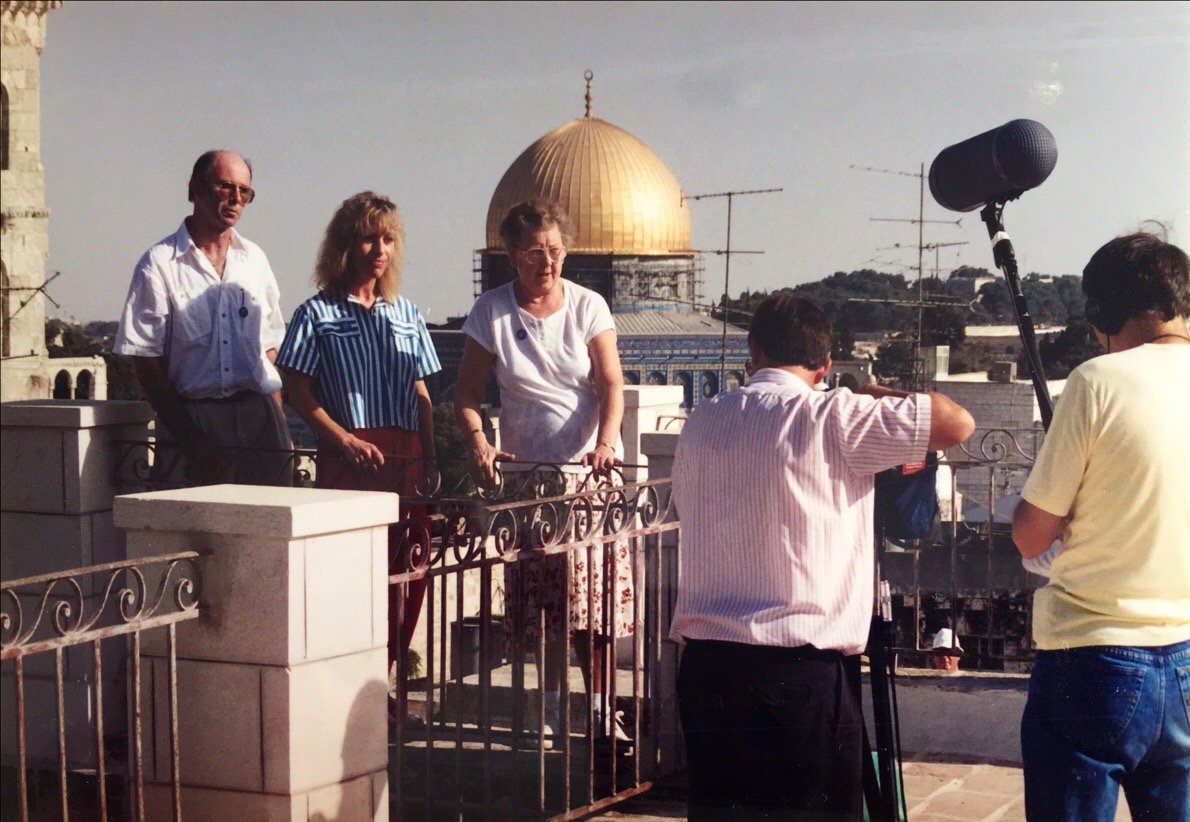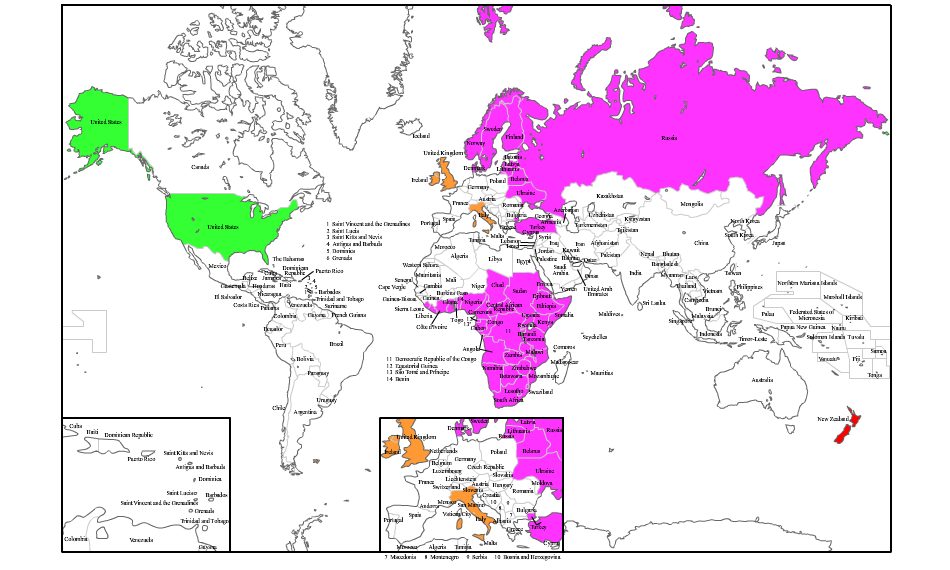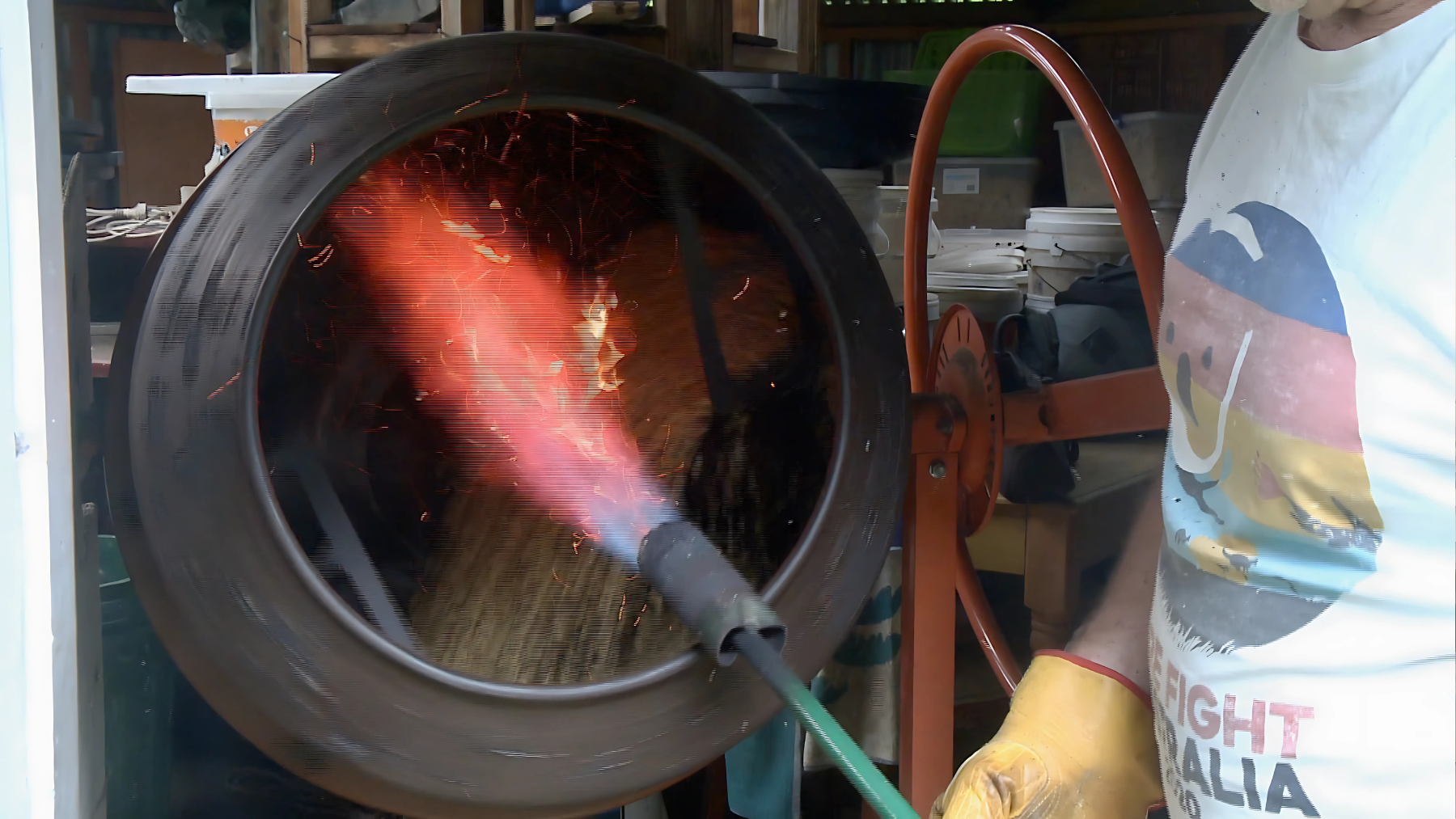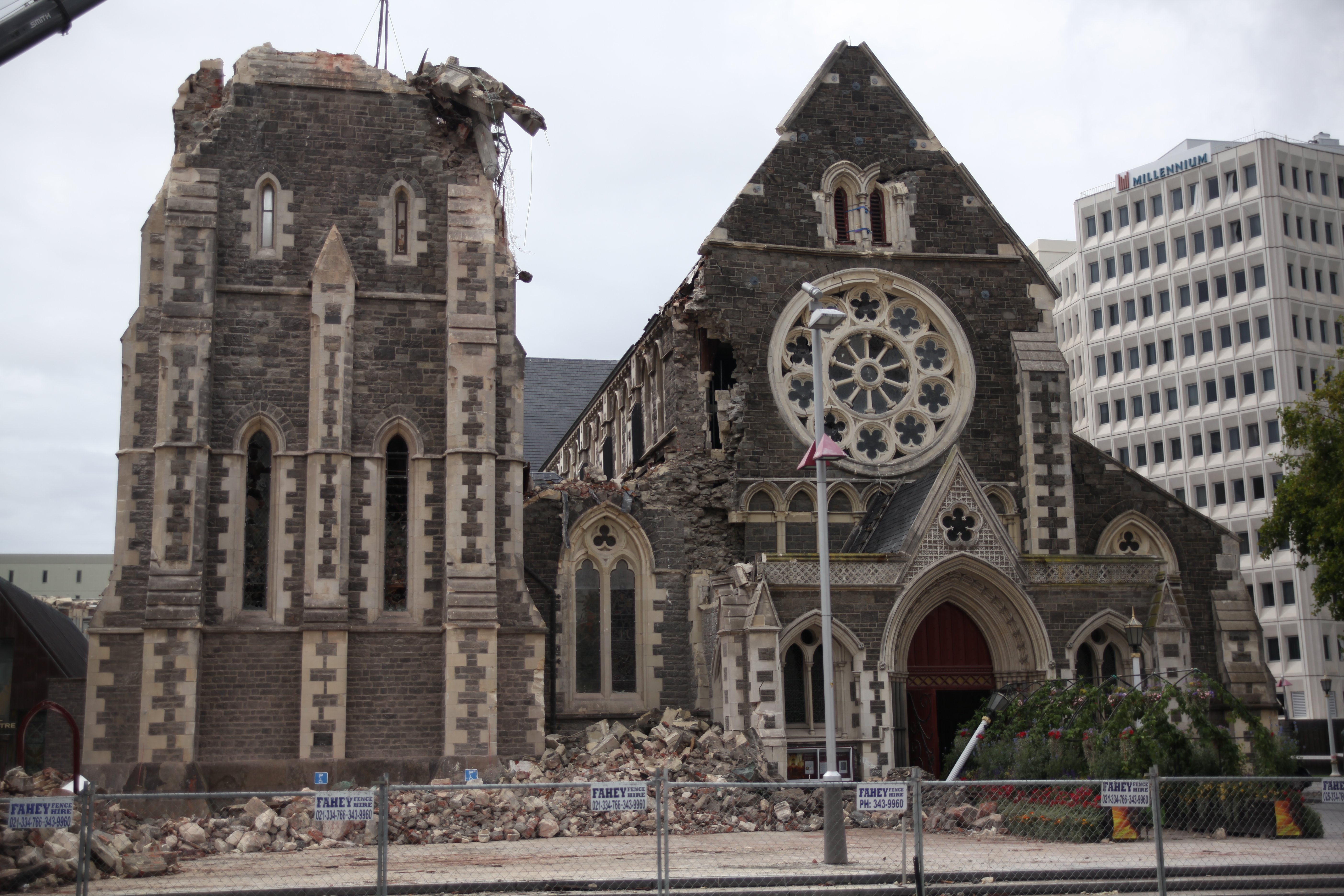
With events in the Middle East in recent months, my mind has turned to a program we made in Israel in 1994, with the amazing Di Reid as producer and director, and the sublime Pam Rhodes as presenter. We followed a BBC Radio expedition featuring a choir made up of members of the public, who travelled around Israel to various significant sites, broadcasting live to Radio 4’s religious output. It’s always entertaining trying to match up the differing requirements of radio and TV, but we didn’t actually come to blows.
The TV team travelled out ahead of the choir and the radio team, so we could recce locations, get to meet our Israeli fixers and generally make sure we were ready to start as soon as the choir arrived.
To see the places that you’ve heard about all your life is an astonishing experience – to wander through the olive grove in the Garden of Gethesemane; to sail on the Sea of Galilee; to visit Bethlehem and follow the Via Dolorosa were unforgettable times.

It was hard work, too – long days, making sure we were capturing on tape everything we needed to put the program together, and sometimes physically demanding too – carrying a keyboard up to the ancient fortress of Masada in southern Israel’s Judean Desert, on a massive plateau overlooking the Dead Sea in 40 degree heat was challenging.
We were in Israel during a relative period of peace, a few months prior to the Palestinian Authority taking over parts of the West Bank. I spent a lot of time with some of the young Palestinians who had been helping us set things up – we were of a similar age, and simply hit it off. After several days in the hot Middle East sun I had tanned and I looked just like one of them. One Sunday, we had all gone to lunch in one of their favourite restaurants, and as we walked back, we were followed by an armoured vehicle just a few paces behind us. My friends told me this was normal for a group of young Palestinians who were assumed by the Israeli authorities to be a potential threat. They weren’t bothered, it was part of everyday life – but it certainly felt strange to me. I have never had to show my press pass so often. Even today, 30 years later, I often think about that group – all in their late 20s, early 30s. How have developments in the Middle East affected them?
I found an old VHS copy of the program recently (which is below). Looking back at it now, I’m surprised at how much ground we covered – and it’s testament to producer Di’s organisation skills that it all went smoothly. In short, an unforgettable experience, which has shaped the way I feel about events in the Middle East to this day.





